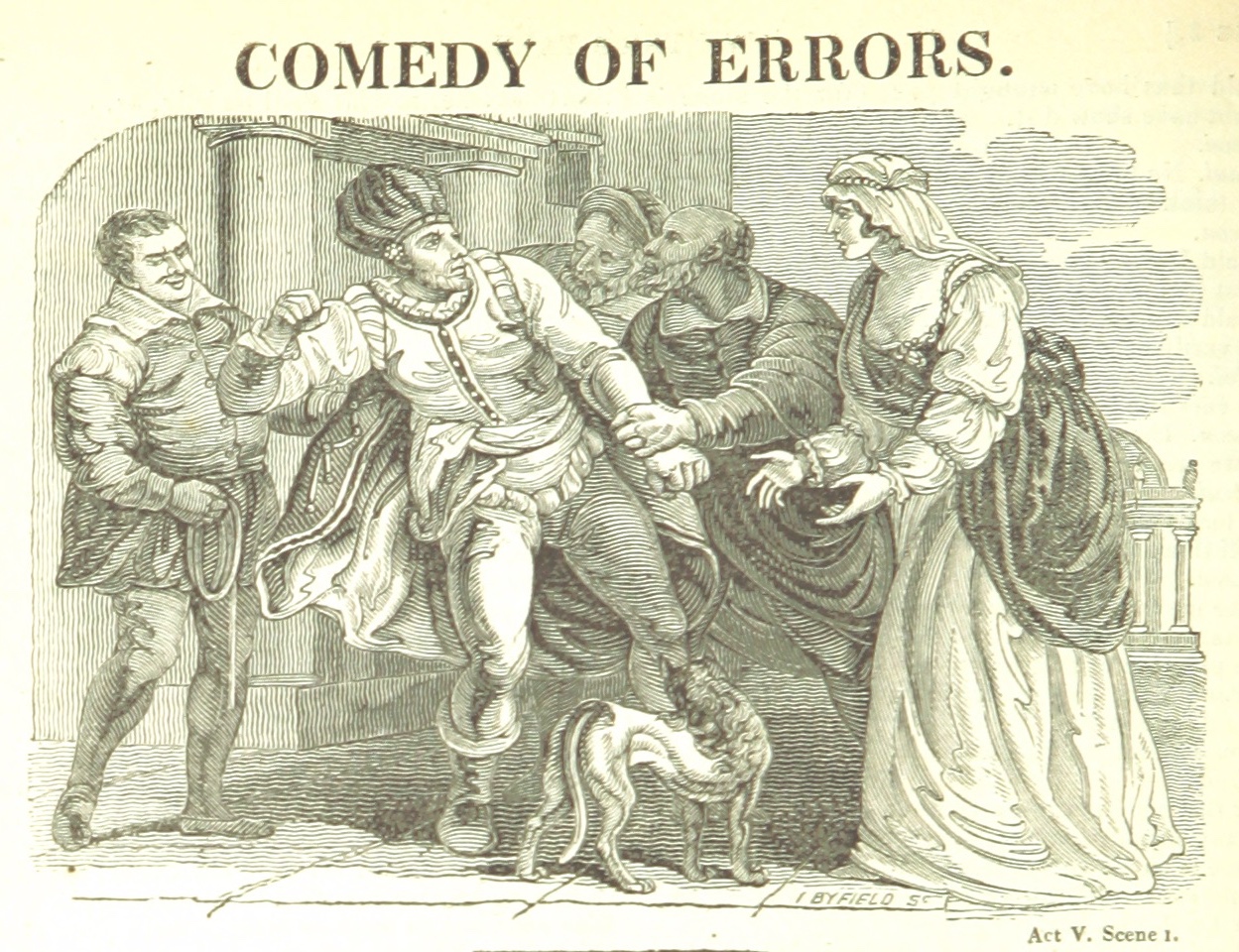
I want to follow up on what I said in my previous post about the importance of errors in learning a craft, and think about what kind of errors are useful — because not every mistake is a “learning opportunity,” or at least some are more opportune than others. Certainly learning any sort of skill or craft is not a linear process of instruction and emulation. Here’s philosopher Richard Sennett, whose The Craftsman is an excellent exploration of the process of learning a craft:
To develop skill requires a good measure of experiment and questioning; mechanical practice seldom enables people to improve their skills. Too often we imagine good work itself as success built, economically and efficiently, upon success. Developing skill is more arduous and erratic than this.
Erratic is a apt word, I think. It’s a cliché to say that we learn from our mistakes, but some kinds of errors are better teachers than others. The more immediate that feedback is, the better — especially when what’s being learned involves bodily work. The wrong note on the violin, for example, corrects the learner immediately, while she still remembers quite clearly what she did to produce it. For a teacher to come by half an hour later and say “Very good, but you were flat on that eighth-note G-sharp in the twenty-third measure,” would only draw the student’s attention again to what she should have done, not to what she did and therefore how to correct the error.